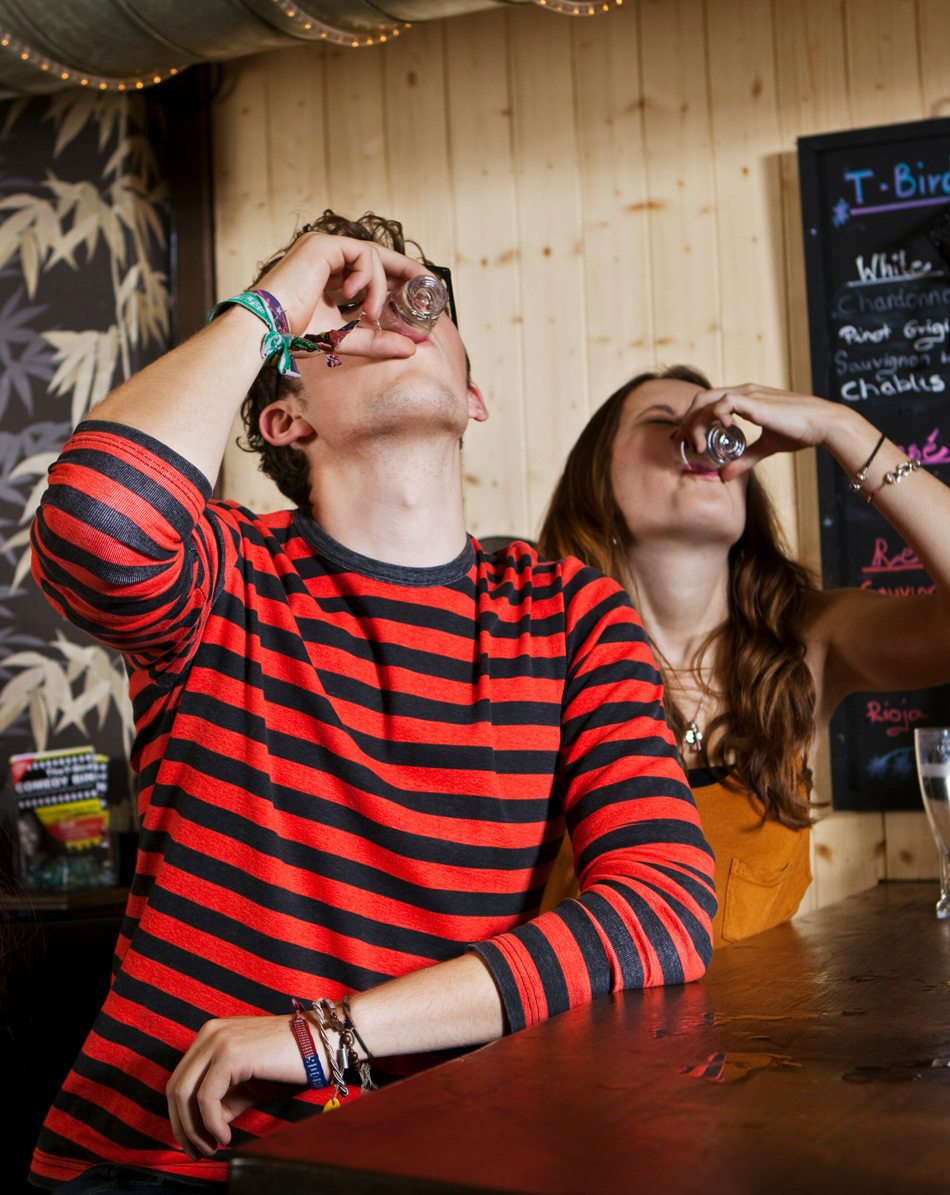Navigating College Life Without Substance Use: Strategies for Students
Navigating College Life Without Substance Use: Strategies for Students
College is an exciting time of personal growth, academic achievement, and social development. However, it’s also a period when many students encounter pressure to engage in substance use. According to the National Institute on Drug Abuse (NIDA), in their “Monitoring the Future” study, approximately 53% of full-time college students reported alcohol use in the past 30 days, and nearly 32% reported binge drinking (five or more drinks on an occasion) in the same period. While substance use is often portrayed as a normal part of the college experience, the reality is that it can have serious academic, health, and social consequences.
In this guide, we’ll explore why students may feel pressured to use substances, how substance use affects academic performance and overall well-being, and most importantly, how to build a fulfilling college life without drugs or alcohol.
Understanding the Pressure to Use Substances in College
Why Do Students Feel Pressured?
The college environment presents a unique set of challenges that can make substance use seem like a tempting escape. For many students, college is their first experience living independently, and they may struggle with newfound responsibilities, academic stress, and social expectations. The combination of rigorous coursework, the need to fit in, and exposure to parties and social gatherings creates an atmosphere where substance use is often seen as a social norm. Additionally, students may feel internal pressure to experiment and conform to perceived expectations, even if they do not personally desire to engage in substance use.
Peer Pressure & Social Expectations
Peer pressure is one of the most significant factors contributing to substance use in college. Many students feel that drinking or drug use is necessary to make friends or be accepted into social groups. According to a study published in the Journal of American College Health, peer influence is a significant predictor of college drinking behavior.
For example, consider a student who attends a party and is offered a drink. The pressure to conform in that moment can be significant. However, many students are choosing to remain sober and still enjoy a thriving social life. The Substance Abuse and Mental Health Services Administration (SAMHSA) reports that a significant portion of college-aged individuals do not engage in heavy alcohol use. While precise abstinence numbers vary depending on survey parameters, it is known that not all college students participate in consuming alcohol.
These students often form friendships through clubs, sports, and academic organizations, proving that social success is not dependent on substance use.

The Allure of Substances as a Coping Mechanism
Many students turn to substances as a way to relieve stress or cope with anxiety and depression. However, research indicates that alcohol and drug use can exacerbate mental health issues. For instance, a study by the American Psychological Association (APA) highlights the correlation between heavy alcohol use and increased depressive symptoms and anxiety.
The Negative Impact of Substance Use
How Substance Use Affects Academic Performance
Substance use doesn’t just impact health—it also significantly affects academic success. Studies have shown that:
Health Consequences of Substance Use
The long-term effects of substance use can be severe, including:
- Physical Health Risks: Liver damage, weakened immune system, and increased risk of accidents and injuries.
- Mental Health Decline: Increased rates of anxiety, depression, and suicidal thoughts.
- Addiction & Dependency: What starts as casual use can quickly spiral into addiction, jeopardizing future career and personal goals.
Seeking Support:
You’re Not Alone
Seeking Support:
You’re Not Alone
If college life feels overwhelming, especially when navigating it without substance use, remember that support is within reach. Many colleges provide accessible resources to help you thrive.
Counseling Services
For confidential, one-on-one support, utilize your college’s counseling services. These sessions with licensed mental health professionals can equip you with strategies to manage stress, anxiety, and personal challenges. To get started, visit your college’s student health or counseling center website for contact information and appointment scheduling, including online options and walk-in hours.
Student Support Groups
Connect with peers who understand your experiences through student support groups. These groups offer a safe space to discuss topics like substance use recovery, anxiety, depression, and general well-being. To find a group, contact your college’s counseling or student activities office, check campus bulletin boards or online platforms, or explore your college’s student organization directory.
Reaching Out for Help: There is Hope
Navigating college life without substance use is not only possible but also profoundly rewarding. By prioritizing your well-being, building a strong support system, and developing healthy coping mechanisms, you can create a college experience that is both fulfilling and successful.
By making conscious choices and taking proactive steps, you can create a college experience that is not only substance-free but also enriching and transformative. Your future is bright, and you have the power to make it extraordinary.

